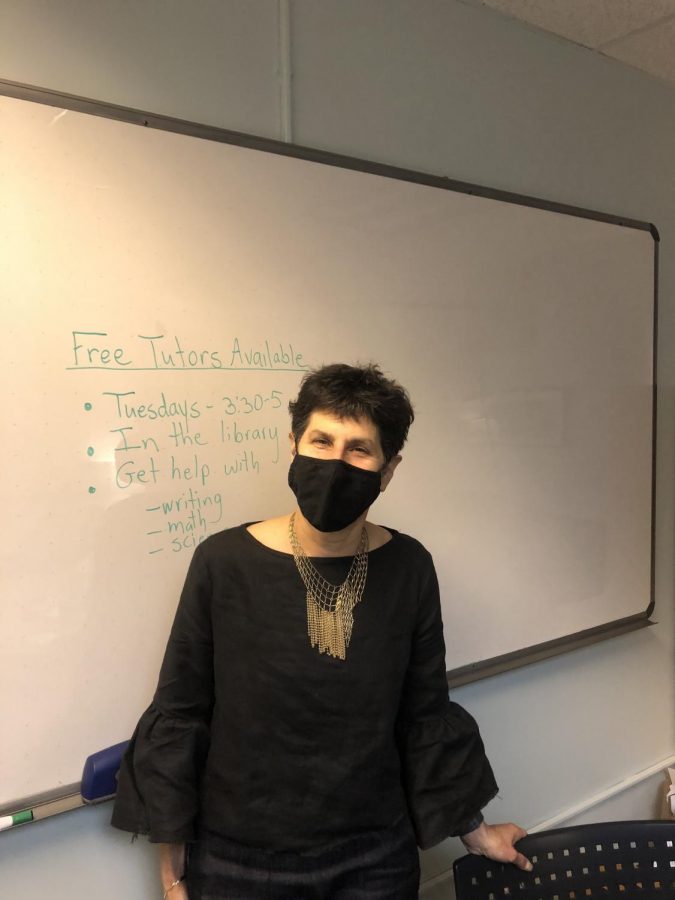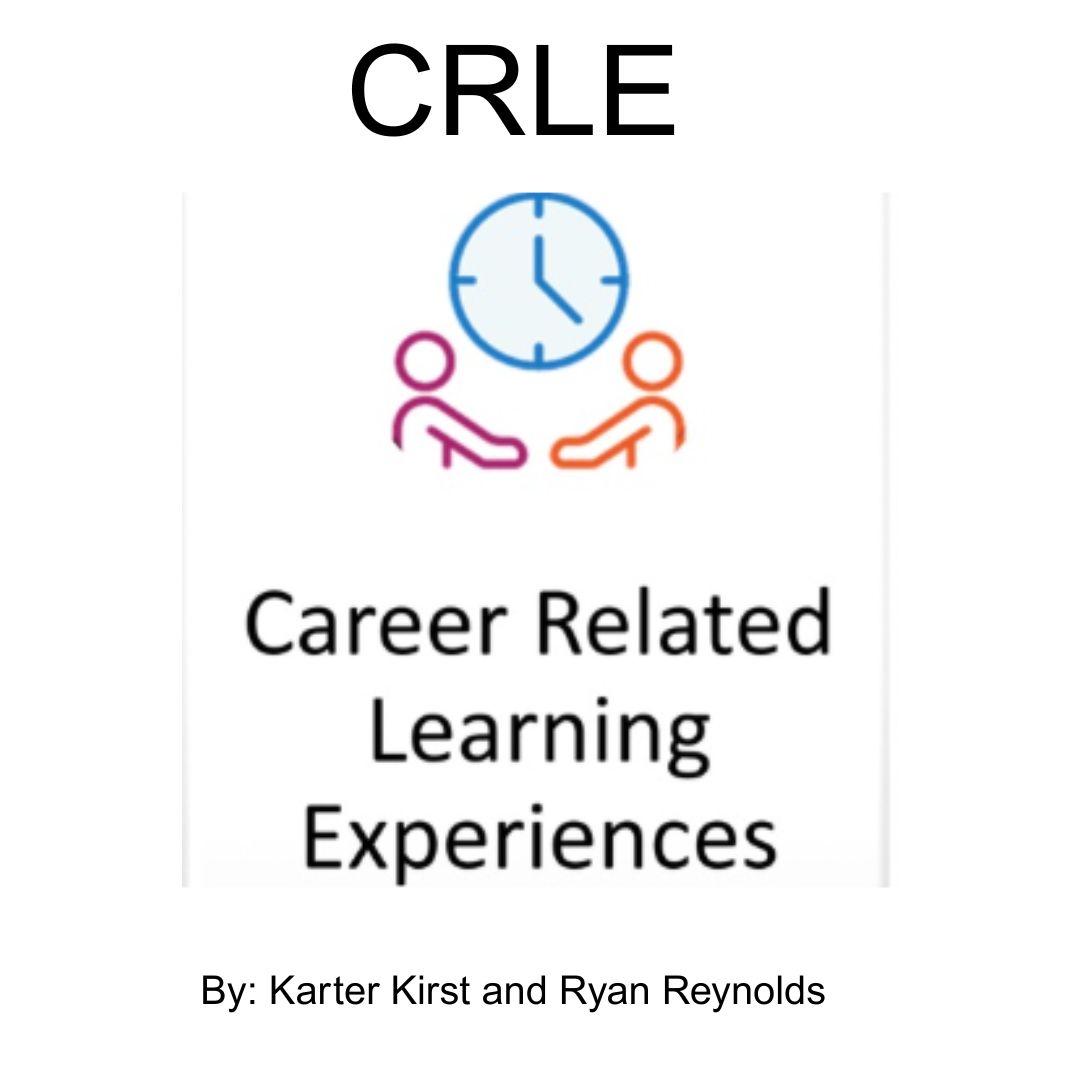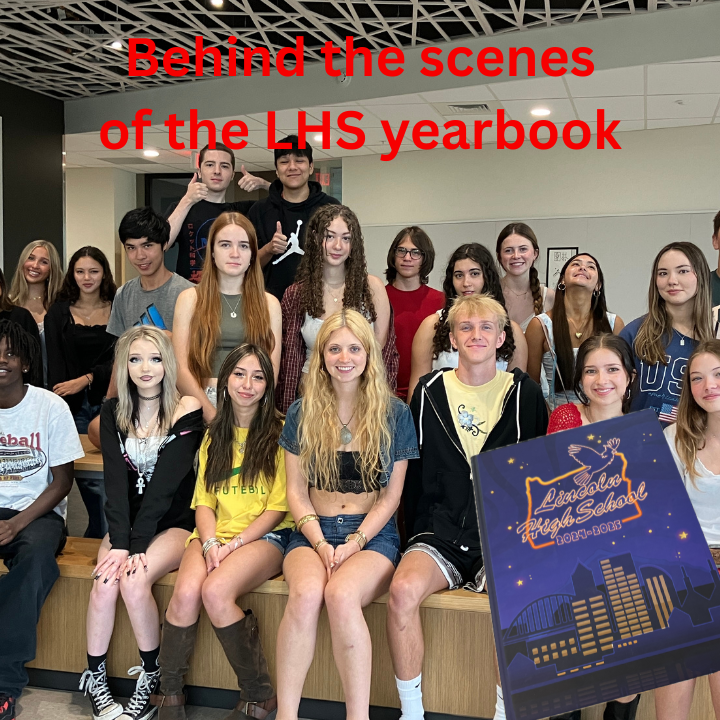Portland Public Schools provides confidential sexual assault and drug related resources to students
Lincoln social worker Judy Marantz-Herzberg recommends using certified alcohol and drug counselors to students who want to reach out for help, but want to make sure what they say when doing so is confidential.
November 1, 2021
Correction (11/19/21): The original version of this article was incorrect in stating that the CADCs were completely confidential. While they won’t report use of drugs, they are mandatory reporters if the student reports they or someone else is in imminent danger. The article below is the corrected version.
While teen mental health declined during the pandemic, Portland Public Schools (PPS) worked to find ways to provide students with the proper mental health support.
PPS students can now receive answers to questions and concerns about sexual assault from confidential advocates without the fear that their information will be shared.
These confidential advocates, who are trained to specifically address Title IX-related issues, can create a safe space for students who have something they need to talk about or discuss. Title IX focuses on the protection of people from being discriminated against, excluded, or denied benefits, on the basis of sex under educational programs in the United States.
“It’s really useful if somebody feels like they want to talk to somebody, but doesn’t want it to get out of their control, especially if somebody has been sexually assaulted,” Lincoln social worker Judy Marantz-Herzberg said.
Confidential advocates can be reached by calling the confidential advocate helpline at (503)-809-HELP (4357).
In addition to confidential advocates, PPS is also providing each school in the district with three recently-hired certified alcohol and drug counselors (CADC).
CADC are specially-trained counselors who work with people struggling with addiction or people who are looking to change their use patterns. Although CADCs won’t share information about drug use, they are mandatory reporters in the same way that teachers and social workers are required to report if a student shares information about an imminent risk to themselves or others.
Marantz-Herzberg understands that some students need a safe space where they can feel assured that what they say will remain confidential.
“Confidential advocates and CADCs can give you guidance and help, and they won’t do anything you don’t want them to do,” Marantz-Herzberg said. “Students can share, ask questions or talk about something that happened to them.”
Junior Taylor Levow, one of the leaders of Students Active For Ending Rape (SAFER), agrees with Marantz-Herzberg. Levow thinks the advocates are a good resource for students to reach out to.
“A lot of the time people just need someone to talk to, and it can be scary to go to a counselor or someone who you know is a mandatory reporter,” Levow said.
Since SAFER leaders are students, they are not mandatory reporters and can be a resource for students as well; however, their advisor, Sara Matano, is a mandatory reporter since she is a teacher.
Marantz-Herzberg recognizes that a key benefit of the confidential advocates is that they can help students navigate sexual assault, harassment and gender discrimination.
“When it comes to sexual issues, we don’t talk openly about it as a society, so it can be hard to know if what you are feeling is normal,” she said. “ [Sexual assault] is already something that is out of a [students’] control, and then to have to report it and have the mandatory reporters do something about it can make the situation worse.”
Although confidential advocates aren’t mandatory reporters, they may urge students to try and seek additional help if they feel the safety of the student or others is at risk. This differs from Lincoln’s mandatory reporters, like Marantz-Herzberg, other social workers and counselors and teachers, who must report to officials if they feel like a student may hurt themselves, someone else or do anything they may deem potentially dangerous.
Lincoln’s social workers such as Marantz-Herzberg and Giovanna Bocanegra can still help connect students to resources and a variety of other helpful information.
“We can link them to things that students often need,” Marantz-Herzberg said. “Especially now, there’s been a rise in kids who need food and housing support, so we can link them to those services. The other sources we can link them to are drug and alcohol resources.”
Teachers and family members can refer students to CADCs, but CADCs can also be reached individually by a student. However, if you are under 14, you need permission from a parent or guardian to see them. CADCs aren’t there to force students to quit using, they are there to give students the resources to do so if that’s what they want.
“[CADCs] want to be able to help you, and they know that if you think that you are going to be made to stop doing what you’re doing, you’re not going to go [to get help],” Marantz-Herzberg said.
Levow thinks that even with these resources available, there are future steps the district could take.
“I think that we need [a confidential advocate] for Lincoln, or specifically for every school,” she said. “[Or maybe] other [confidential trained professionals] for students to reach out to.”
If you or someone you know is struggling or needs someone to talk to, more information on the confidential advocate helpline can be found here. Lincoln’s social workers are located in the Counseling Center during school hours, or can be reached through their website.




